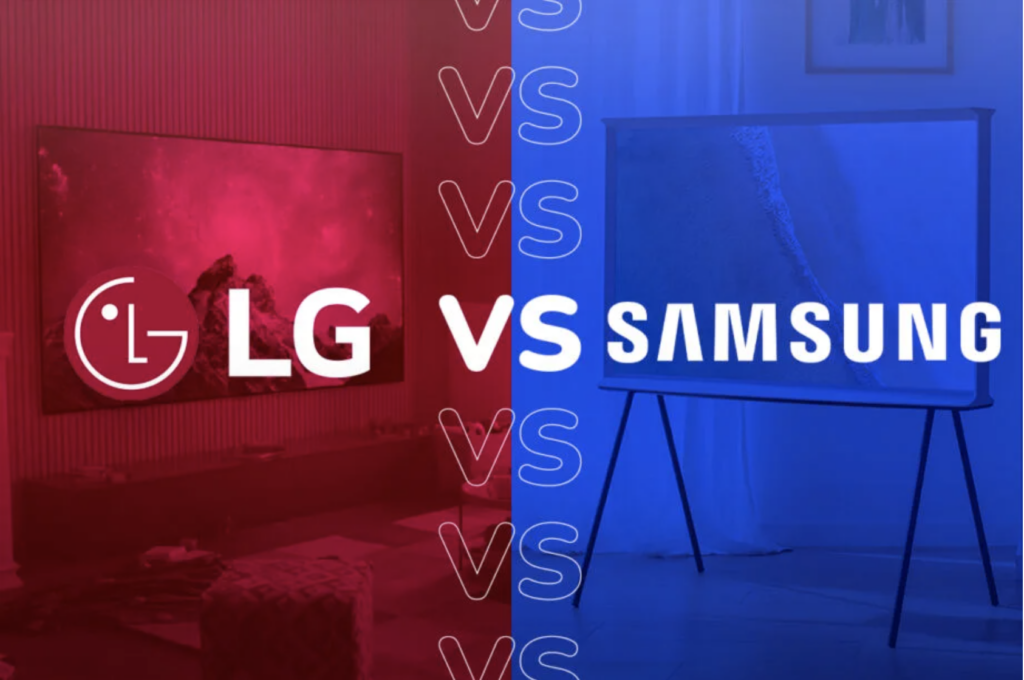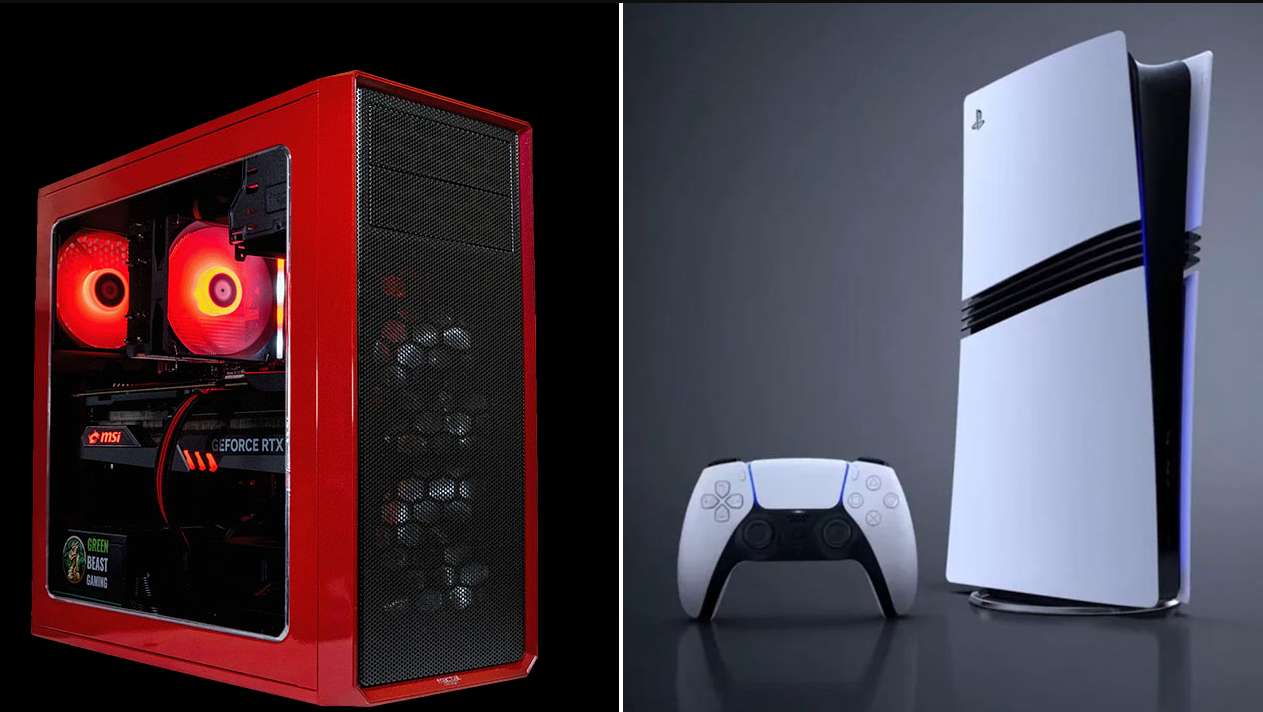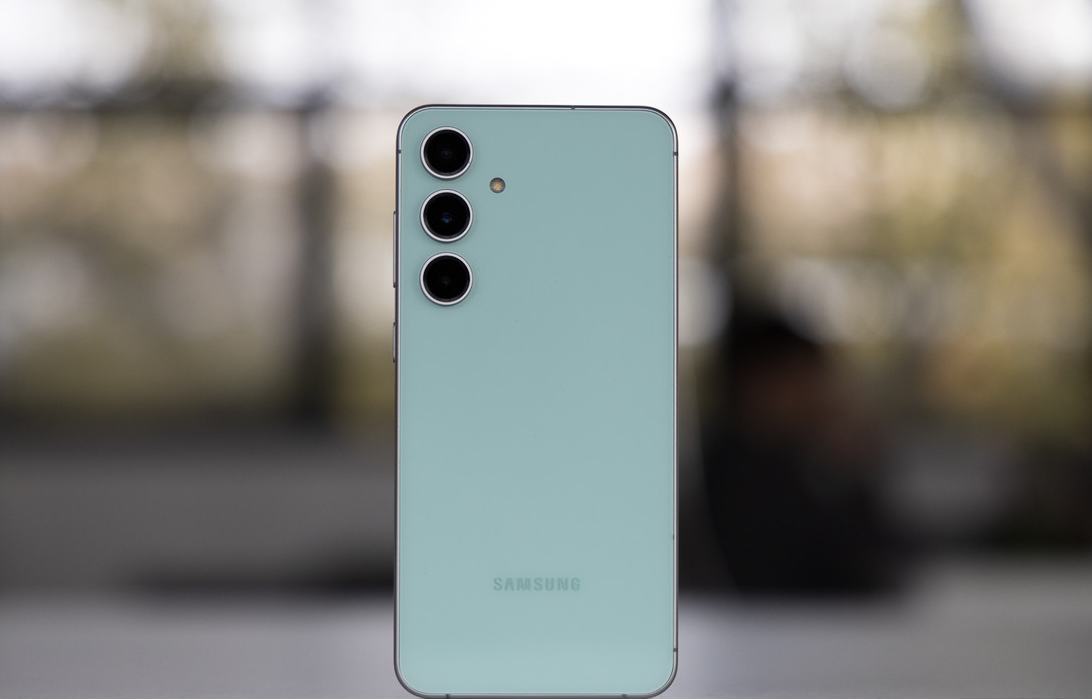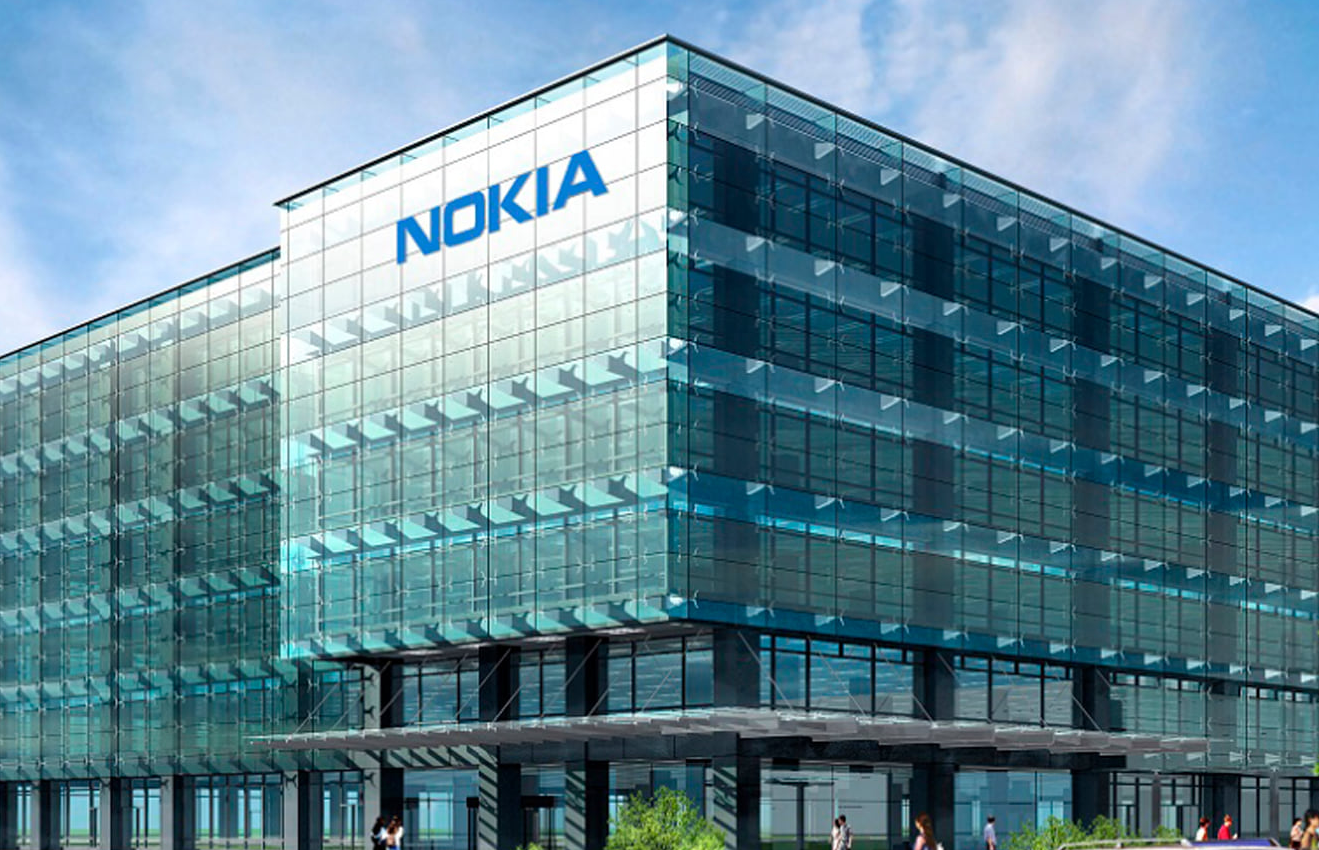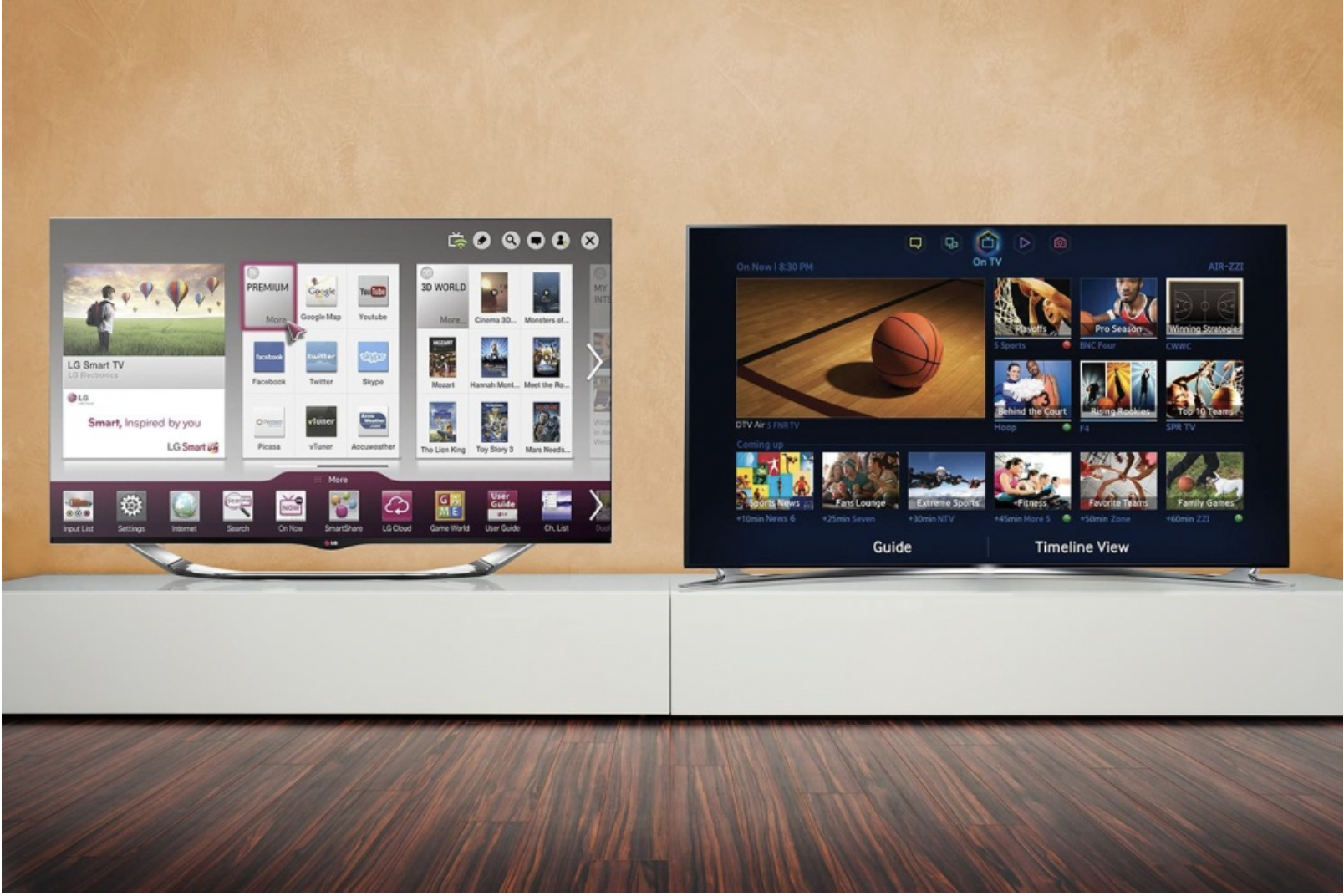
Analysing LG and Samsung smart TVs means looking at many factors including picture quality, functionality, user interface and cost. These two manufacturers are known for their innovation and high quality, offering unique user experiences.
| Parameter/Function | LG Smart TV | Samsung Smart TV | Notes |
| Screen technology | OLED (mostly) | QLED (mostly) | OLED provides better blacks and contrast, QLED provides brighter colours and better brightness |
| Resolution | 4K, 8K | 4K, 8K | Both offer high resolution |
| Operating system | webOS | Tizen | webOS is often considered more intuitive, but Tizen offers great integration with other Samsung devices |
| Viewing angle | Wide | Wide | LG’s OLED TVs generally have a better viewing angle |
| Brightness | A good one | Excellent | Samsung’s QLED TVs offer higher brightness, which is ideal for bright rooms |
| Colour rendition | Excellent | Excellent | Both offer vibrant and accurate colours |
| Pricing policy | Tendency towards more affordable prices | Tendency to higher prices | LG often offers lower prices, especially on OLED models |
| Design | Innovative, modern | Minimalistic, stylish | Both brands offer attractive and innovative designs |
| Application support | wide range | wide range | Both systems offer an extensive selection of applications |
| Voice control | Supported by | Supported by | Both offer voice control through various assistants |
Image quality
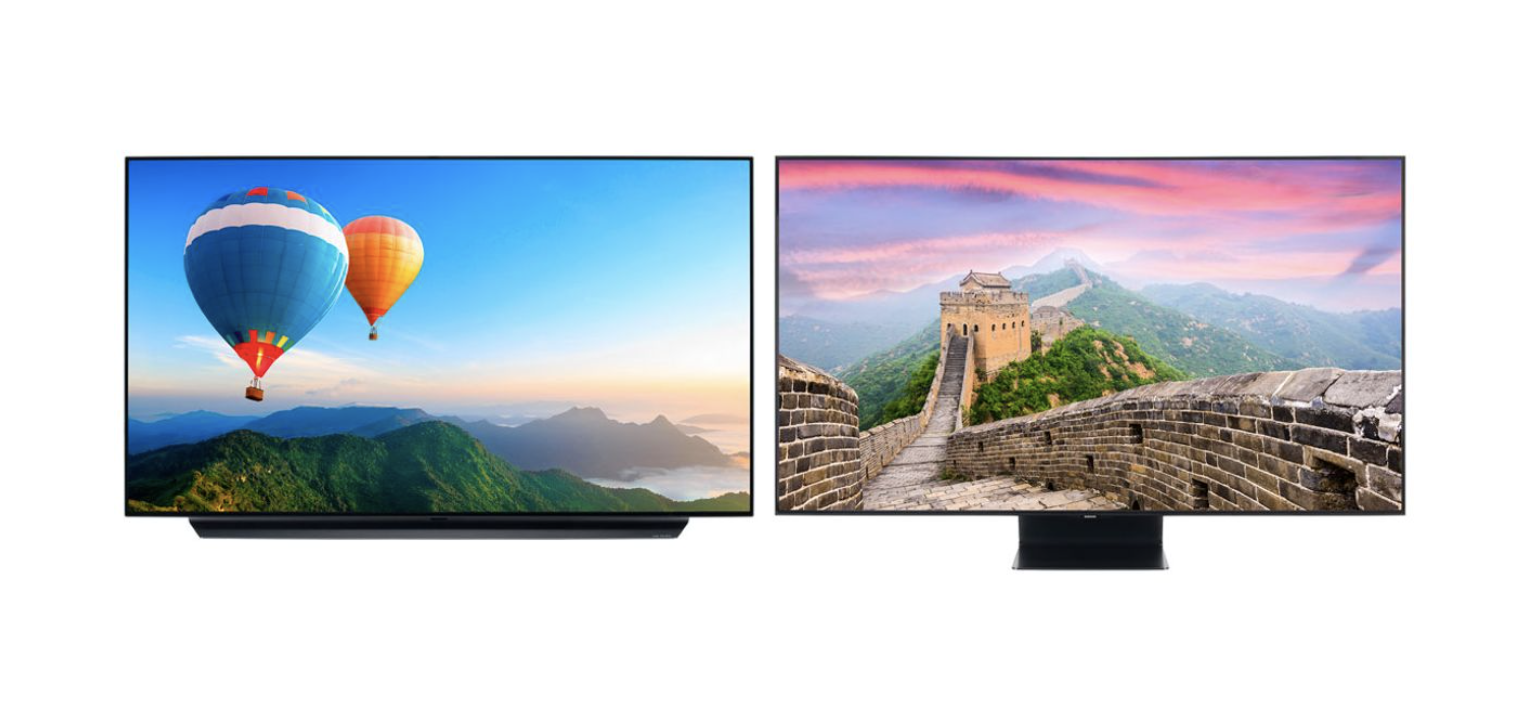
- LG: The hallmark of LG is their OLED TVs. Thanks to OLED technology, these TVs offer outstanding contrast, deep blacks and wide viewing angles. LG also provides 4K and 8K resolution TVs, offering sharp and detailed images.
- Samsung: Samsung’s leading technology is QLED, which brings brightness and colour saturation, as well as superior brightness, making these TVs ideal for lit rooms. Samsung also offers TVs with 4K and 8K resolutions.
Functionality and intelligent features
- LG: LG TVs feature the webOS operating system, which is renowned for its clarity and ease of use. The LG range has a variety of apps and inbuilt features, including voice control.
- Samsung: Samsung TVs are powered by Tizen OS, which provides a smooth and fast interface. Samsung devices integrate seamlessly with other branded products and support an extensive range of applications and services.
Design and construction
- LG: LG often experiments with design, offering slim and stylish models that fit perfectly into modern interiors.
- Samsung: Samsung also offers visually appealing TVs centred around minimalism and elegance. Some of their flagship models include unique designs, such as Frame TV.
Pricing
The pricing policy of both companies depends on the size, resolution and equipment of the TVs. In general, LG offers more affordable prices, especially in the OLED range, while Samsung can be slightly more expensive, especially in the QLED segment.
Unique recommendations to help you make an informed choice
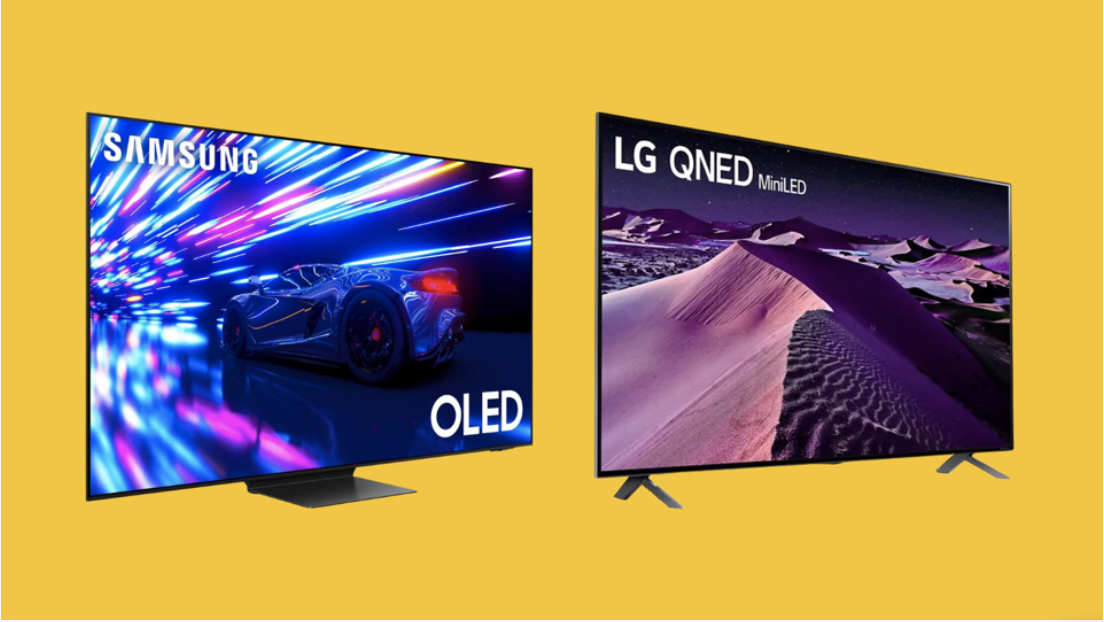
1. Understanding Technological Differences
- LG and OLED: If you appreciate the completely black tones and high contrast that OLED technology offers, LG may be your choice. LG OLED screens are known for their deep black colours and exceptional picture quality.
- Samsung and QLED: Samsung, with their QLED technology, offers improved brightness and colour saturation. This may be a better choice for bright rooms where sunlight affects the visibility of the screen.
2. intuitiveness and user-friendliness of the interface
- LG’s webOS: Known for its simplicity and ease of navigation, making it a great choice for those who value ease of use.
- Samsung’s Tizen: Provides smooth operation and excellent integration with other Samsung products, which may be attractive to users who already own Samsung devices.
3. Style and Design
- LG: Focused on minimalistic and modern design, making their TVs a stylish addition to any interior.
- Samsung: Often experiments with innovative designs such as Frame TV, which can serve as a decorative element.
4. Pricing and Budget
- LG usually offers more competitive pricing, especially on their high-end OLED models.
- Samsung may be a bit more expensive, but it offers unique technological solutions that may justify the extra cost.
5. Personal Experience and Preferences
- Visit an electronics shop to experience the image quality and interface of both brands in person. There is no substitute for personal experience.
6. Long-term Prospects
- Consider long-term reliability and software updates. Check reviews for durability and manufacturer support.
Conclusion
Choosing between LG and Samsung should be based on personal preferences and needs. If you’re looking for a TV with the highest picture quality and are willing to invest in OLED, LG is the best choice. If, on the other hand, you care more about brightness and image saturation in a bright room, as well as synchronisation with other devices, then Samsung will be a better option. Either way, both brands provide quality TVs that cater to a wide variety of needs and preferences.
In addition, you should consider factors such as user interface, app availability and integration with other devices. LG with its webOS and Samsung with Tizen offer different approaches and functionality, which can also influence your choice.
Don’t forget the importance of the design and look of the TV as well. While LG may offer a more innovative and modern look, Samsung often goes for a classic and elegant design. This can be a deciding factor, especially if the TV will be the centrepiece of your space.
Ultimately, choosing between LG and Samsung is a choice between two outstanding brands, each offering their own unique benefits. It is important to carefully evaluate all aspects and choose the one that best suits your personal needs and expectations.
Take your next step in the world of LG and Samsung TVs with reBITme and enjoy the benefits. Enjoy your purchases!
